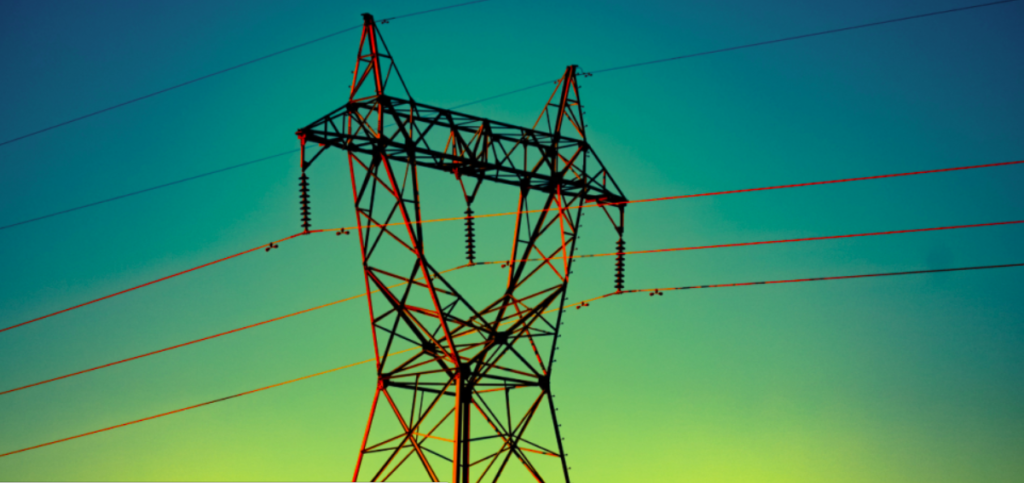
An unusual approach to preventing blackouts is being considered by a Vermont power company: providing household batteries. Similar to Tesla’s Powerwall, Green Mountain electricity intends to provide the majority of its home customers with massive battery packs as utility companies consider adding more electricity lines and building additional facilities. The theory behind these packs is that they would store extra energy, which would eventually prevent outages during periods of extreme weather.
Utility providers are seeking for solutions to provide consistent power to homes, businesses, and public services as extreme weather events become more frequent. While outages may only cause minor inconveniences to some, when they persist for more than an hour or so, they pose a risk to anything from medical equipment to revenue. Over the past year, Vermont, like many other states, has experienced catastrophic storms and flooding. One strategy to reduce outages is to diversify your power sources and install new lines, but this takes money and effort.
Now let’s talk about Green Mountain’s home battery solution. The utility firm is to invest $280 million to upgrade its power grid and buy batteries from several producers, according to a New York Times report. Green Mountain cannot begin stealing batteries until the Public Utility Commission of Vermont approves this initial expenditure. Green Mountain will formally begin its home battery initiative, which is anticipated to cost $1.5 billion over the course of the following seven years, once that authorization is given.
If you think that’s a bit expensive, it’s nothing compared to building a new plant and adding more electricity lines. According to Green Mountain, which is experienced with the procedure, outfitting homes with battery packs is less expensive than the alternative. It began leasing Tesla Powerwall units to consumers in 2015 for a one-time payment of $5,500 or $55 a month for ten years. To lower prices for all customers and lessen the company’s reliance on fuel-burning plants, program participants must consent to let Green Mountain use their stored electricity at peak hours.
Until Green Mountain receives the batteries linked to its new (but provisional) scheme, customers may continue leasing batteries. consumers in more stable areas will be ranked last on the list, while the company’s most vulnerable consumers would receive batteries first. The scheme will guarantee that customers may always use their medical equipment, lights, kitchen appliances, and other necessary electronics, at the very least.
Given that it serves a mere 270,000 homes and businesses, Green Mountain’s impact may seem insignificant. However, Green Mountain’s clientele is noteworthy for a state with as little population as Vermont. If the program is successful, spearheading a drive to install home batteries might swiftly become a trend in Vermont and even other parts of New England.